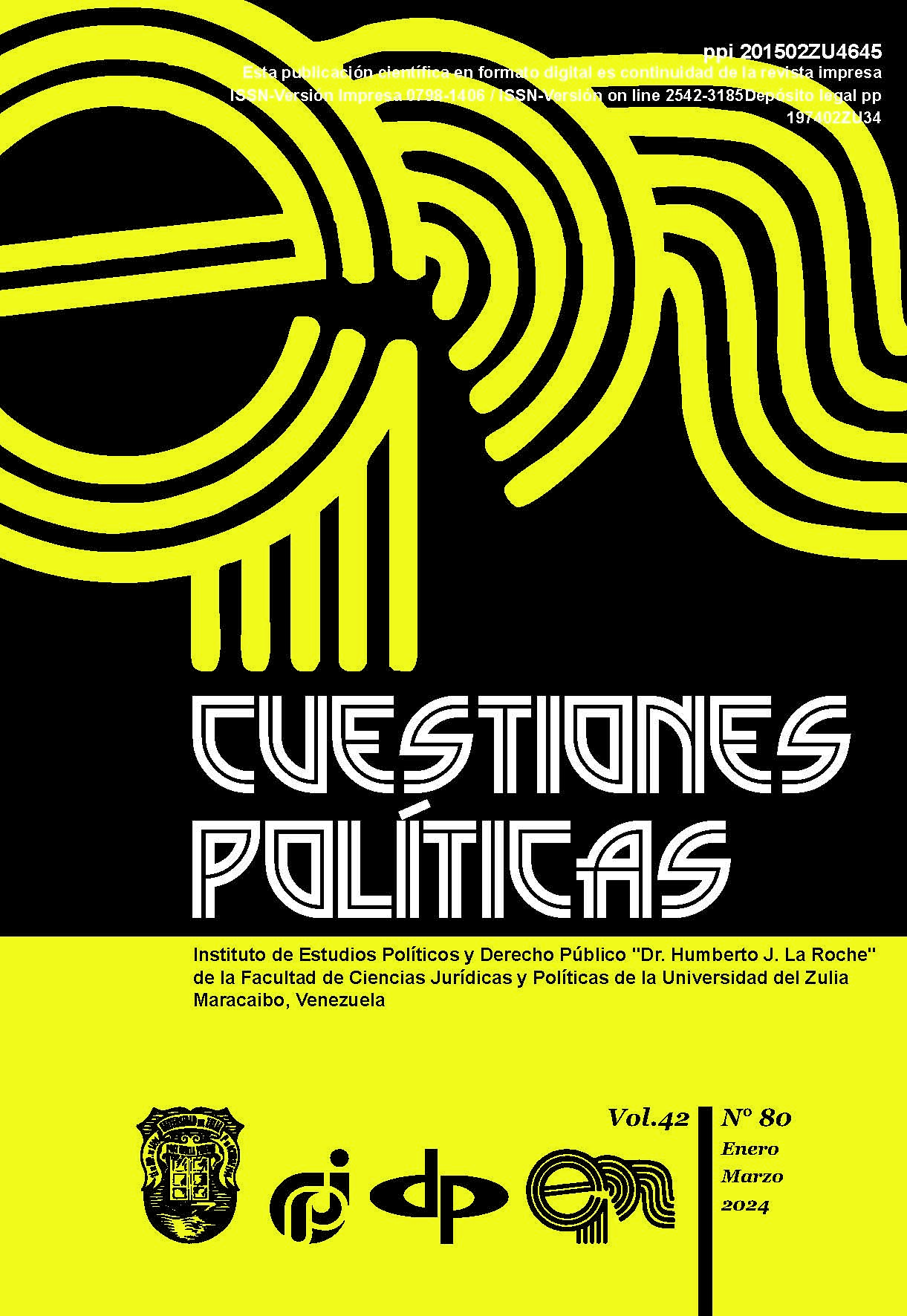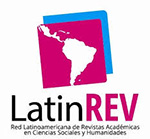Mano de obra y máquinas: Del desplazamiento de la Revolución Industrial a la precarización laboral de las plataformas de transporte y delivery
Labor and machines: From the displacement of the Industrial Revolution to the labor casualization of transport and delivery platforms
Abstract
The article aims to analyze the role of the Luddites in social protest and the implications of the appearance of this rebel group at that time in history and its possible projection towards a future union protest. To achieve this, the following aspects have been thought about: 1) The similarity of the original Luddites and the neo-Luddites in terms of their rebellion and opposition to technological advance. 2) The possible relationship of those protests with Marxist ideologies regarding the class struggle. 3) The ethical dilemmas caused by technological advance and the problems caused: machines at the time, pollution, job insecurity on transport and delivery platforms, and invasion of artificial intelligence today. The method used for the research was based on historical exploration in certain documents and the analysis of the Luddite discourse and the current neo-Luddite discourse. In conclusion, it can be said that the social protest and the destruction of machines by the Luddites was not only due to technophobia, but also had a content of class struggle, and left a legacy of rebellion to future social organizations. The current protest also has other motivations.
Downloads
References
CLOUET, Richard. 2016. “Robin Hood: de leyenda a mito cultural” Revista de Filología de la Universidad de la Laguna. Tenerife, España.
HIDALGO CORDERO, Kruskaya; SALAZAR DAZA, Carolina. 2020. Precarización laboral en plataformas digitales: Una lectura desde América Latina. Friedrich-Ebert-Stiftung Ecuador FES-ILDIS. Quito, Ecuador.
HOBSBAWM, Eric: RUDÉ, George. 1978. Revolución industrial y revuelta agraria. El capitán Swing. Siglo Veintiuno Editores S.A. Madrid, España.
JONES, Steven E. 2006. Against Technology: From the Luddites to Neo-Luddism. Routledge, Taylor & Francis Group. London, Inglaterra.
LUCAS, Robert. 2002. Lectures on Economic Growth. Harvard University Press. Massachusetts, USA.
MADDISON, Angus. 2001. The World Economy: A Millenian perspective. Development Centre of the Organization for Economic Cooperation and Development OECD.
MARX, Karl. 1975. El Capital. Siglo Veintiuno Editores. México DF., México.
ORGANIZACIÓN MUNDIAL DEL TRABAJO. 2022. El trabajo en las plataformas digitales de reparto y transporte en Ecuador. Diagnóstico y recomendaciones para promover el trabajo decente y la protección social. Ecuador: OIT / Oficina de la OIT para los Países Andinos.
POLANYI-LEVITT, Kari. 2014. “Los conceptos más importantes en el trabajo de Karl Polanyi y su relevancia contemporánea” Reseña. Economía y Desarrollo. Vol, 151, No. 01, pp. 198-211.
POLANYI, Karl. 2009. La Gran Transformación. Juan Pablos Editor. México DF, México.
SALE, Kirkpatrick. 1995. Rebels against the future: The Luddites and their war on the Industrial Revolution: lessons for the computer age. Addison- Wesley Pub. Co. Reading, Massachusetts.
THOMPSON, Edward Palmer. 1980-1963. La formación de la clase obrera en Inglaterra. Capitán Swing Libros. Madrid, España.
VAN DAAL, Julius. 2015. La cólera de Ludd. La lucha de clases en Inglaterra al alba de la Revolución Industrial. Editorial Pepitas de Calabaza. Logroño, La Rioja, España.
VEGA CANTOR, Renán 2012. La Rebelión de los luditas (un bicentenario olvidado 1812-2012). Biblioteca Virtual Omegalfa, 2014, p. 2. Dispomible en línea. En: https://omegalfa.es/autores.php?letra=v#. Fecha de consulta: 10/11/23.
ŽIŽEK, Slavoj. 2023. “El peligro no es tomar a un chatbot por persona, sino que las personas hablen como chatbots». Clarín.com, 24/03/2023.
WILLIAMSON, John. 1990. “What the Washington Consensus Means by Policy Reform”. En Latin America Adjustment: How Much Has Happened? Institute for International Economics. Washington, USA.
Copyright
The authors who publish in this journal agree to the following terms:
The authors retain the copyright and guarantee the journal the right to be the first publication where the article is presented, which is published under a Creative Commons Attribution License, which allows others to share the work prior to the recognition of the authorship of the article work and initial publication in this journal.
Authors may separately establish additional agreements for the non-exclusive distribution of the version of the work published in the journal (for example, placing it in an institutional repository or publishing it in a book), with an acknowledgment of its initial publication in this journal.
This work is under license:
Creative Commons Reconocimiento-NoComercial-CompartirIgual 4.0 Internacional (CC BY-NC-SA 4.0)






































